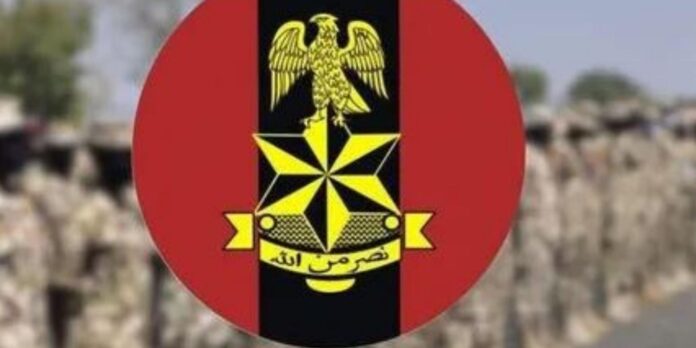WARRI: Fresh allegations of corruption, welfare neglect and administrative misconduct have again surfaced in the Nigerian Army’s 90 Battalion in Koko, Warri, Delta State, as soldiers accuse top personnel of running the unit like a private empire.
Speaking anonymously to Reporters for fear of reprisals, several soldiers said conditions within the battalion have deteriorated to an alarming degree,” despite a recent official statement dismissing earlier reports.
According to them, internal power struggles, welfare failures and alleged financial exploitation have weakened discipline and structure in the battalion.
They specifically accused two senior non-commissioned officers Sgt. Babangida Galadima (2000NA/49/466) and Sgt. Abdulmalik Musa (2003NA/54/5259) of wielding excessive and undue influence, allegedly overshadowing even commissioned officers.
Those two sergeants have more authority than officers. Even the Finance Officer and newly posted Chief Clerk were sidelined, one soldier alleged. Another added that their influence goes far beyond their rank, noting that officers tread carefully around them because of the “system built over time.
Several soldiers further claimed that welfare resources meant for rank-and-file personnel including drinking water were diverted.
We’re in a riverine area yet we struggle for water. Even getting pass approval is difficult because gunboats are not available,” one soldier complained.
They also accused the battalion of violating administrative procedures, alleging that a newly posted Master Warrant Officer assumed the role of Chief Clerk without any formal handover.
Some of the most serious allegations involve claims of religious favoritism in the posting of soldiers to high-revenue checkpoints such as Amukpe, Jesse, Oton and Koko.
Soldiers alleged that Muslim personnel were repeatedly assigned to these locations and required to remit around ₦200,000 weekly to the two influential senior NCOs.
“Everyone knows those checkpoints bring money. Postings weren’t based on rotation or merit just loyalty and religion, a soldier alleged.
The claims have not been independently verified, and the Army has not officially responded to the allegations of religious bias.
However, following public scrutiny triggered by earlier reports, the battalion reportedly carried out a sudden troop rotation on November 22, a move many soldiers view as suspicious.
“That wasn’t a routine rotation. It was to disperse people who know too much, one soldier said.
The battalion’s previous rebuttal stated that the Commanding Officer, Lt. Col. M.M. Garba, assists soldiers with ₦7 million monthly, a claim that triggered further doubts among troops.
If ₦7 million comes into this battalion monthly, we should know how it is spent,” a soldier said, questioning the source of the alleged funds.
They also described discrepancies in the service numbers of the two senior NCOs, calling the details irregular.
Situated in a strategic riverine corridor with waterways, creeks and checkpoints notorious for smuggling, illegal oil bunkering and revenue leakages, 90 Battalion has long been viewed as prone to internal corruption networks.
A retired soldier who served there for four years said: When sergeants suddenly accumulate unusual power, check the environment. Koko axis has been problematic for years.
Another former operative, Abudu Akinlola Olumayowa, supported the calls for accountability, saying: If the Army doesn’t address these failures, soldiers’ morale will continue to sink.
The concerned soldiers say their demand is simple: transparency.
We’re not attacking the Army. We want fairness, welfare and accountability, one soldier said, insisting only an independent probe can uncover the truth.
They added that they are willing to testify before an impartial panel but only with assurances of protection.
Attempts to reach the Director of Army Public Relations, Lieutenant Colonel Anele Onyinyechi Appolonia, were unsuccessful, as calls and text messages were not answered.



